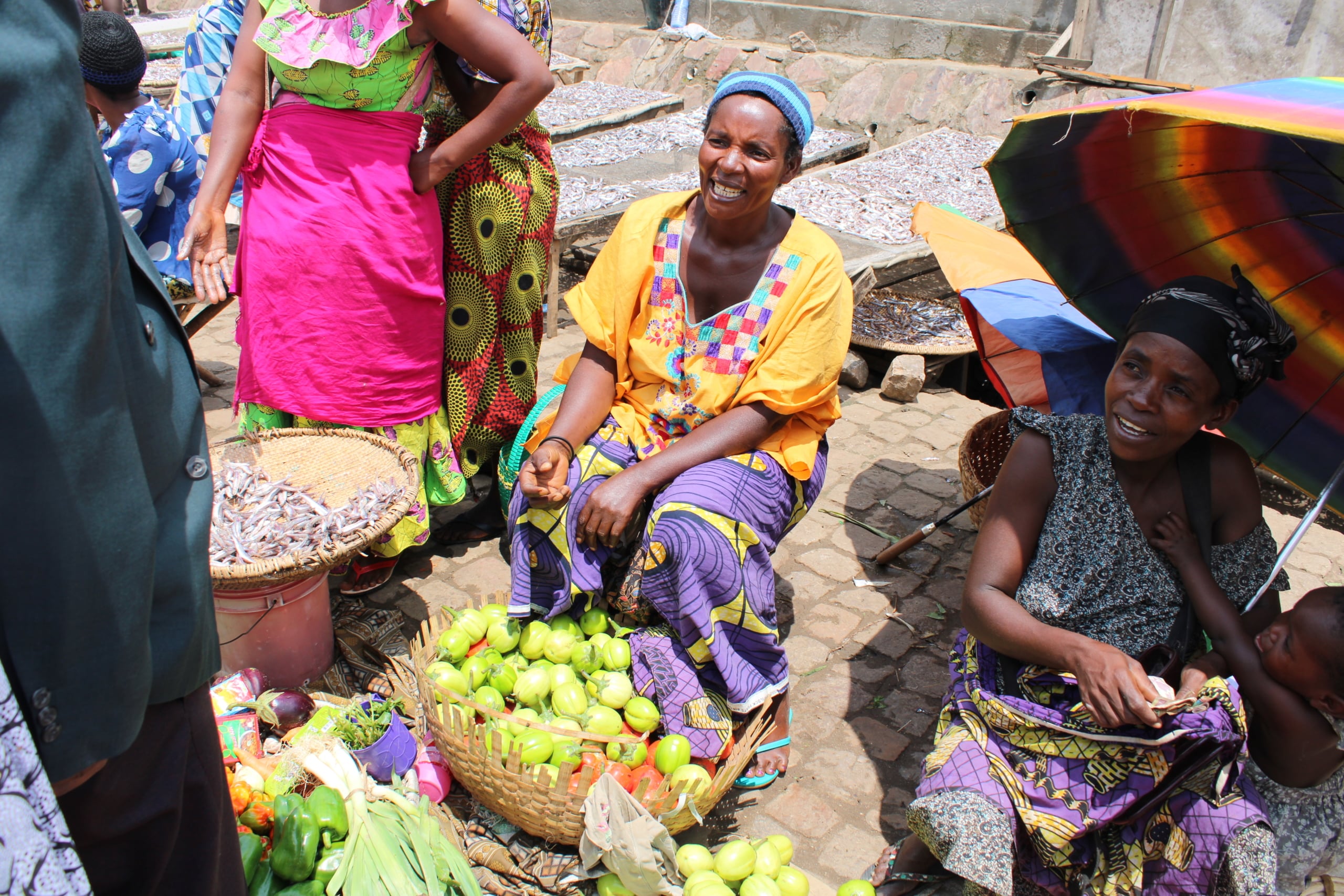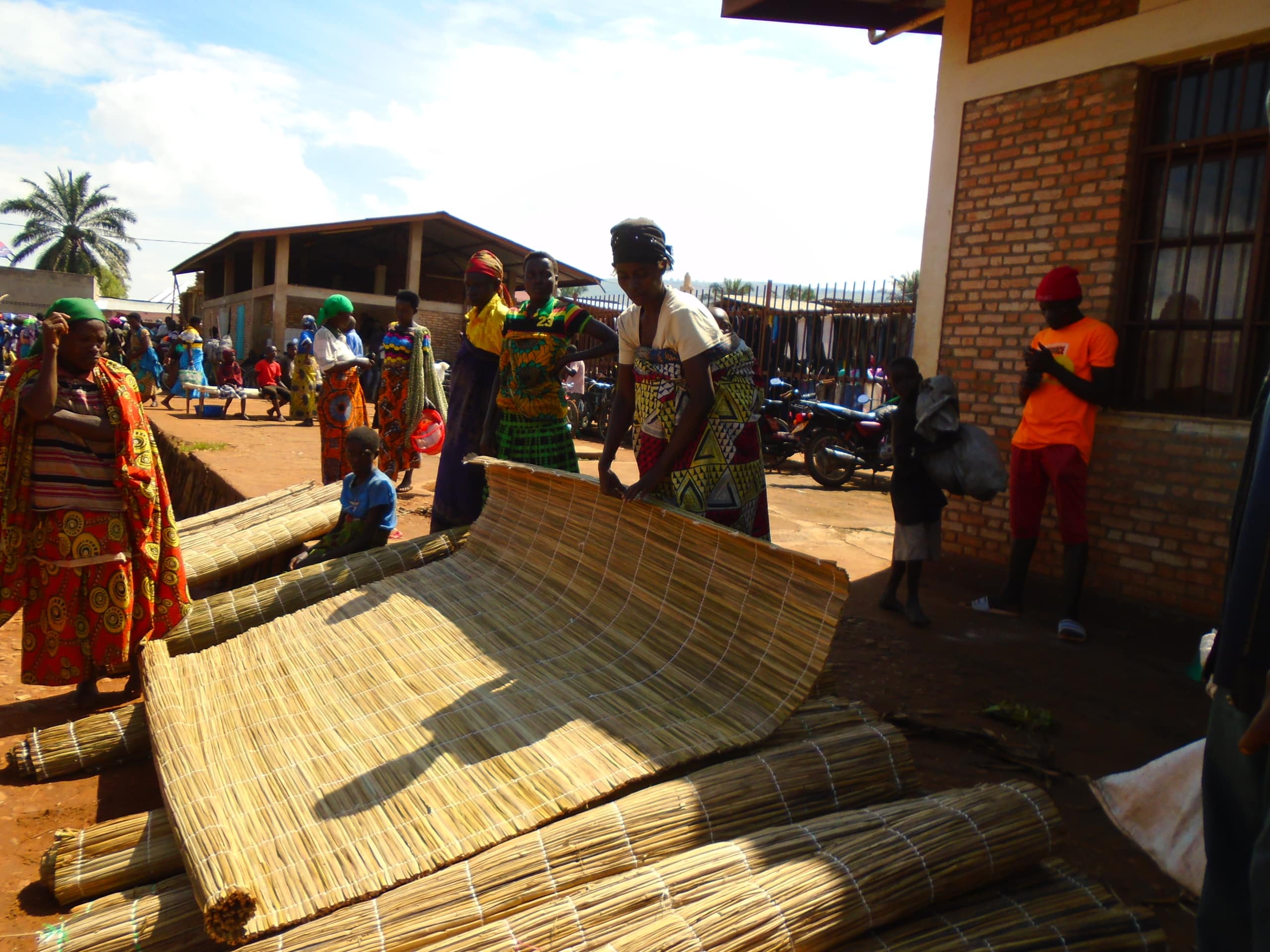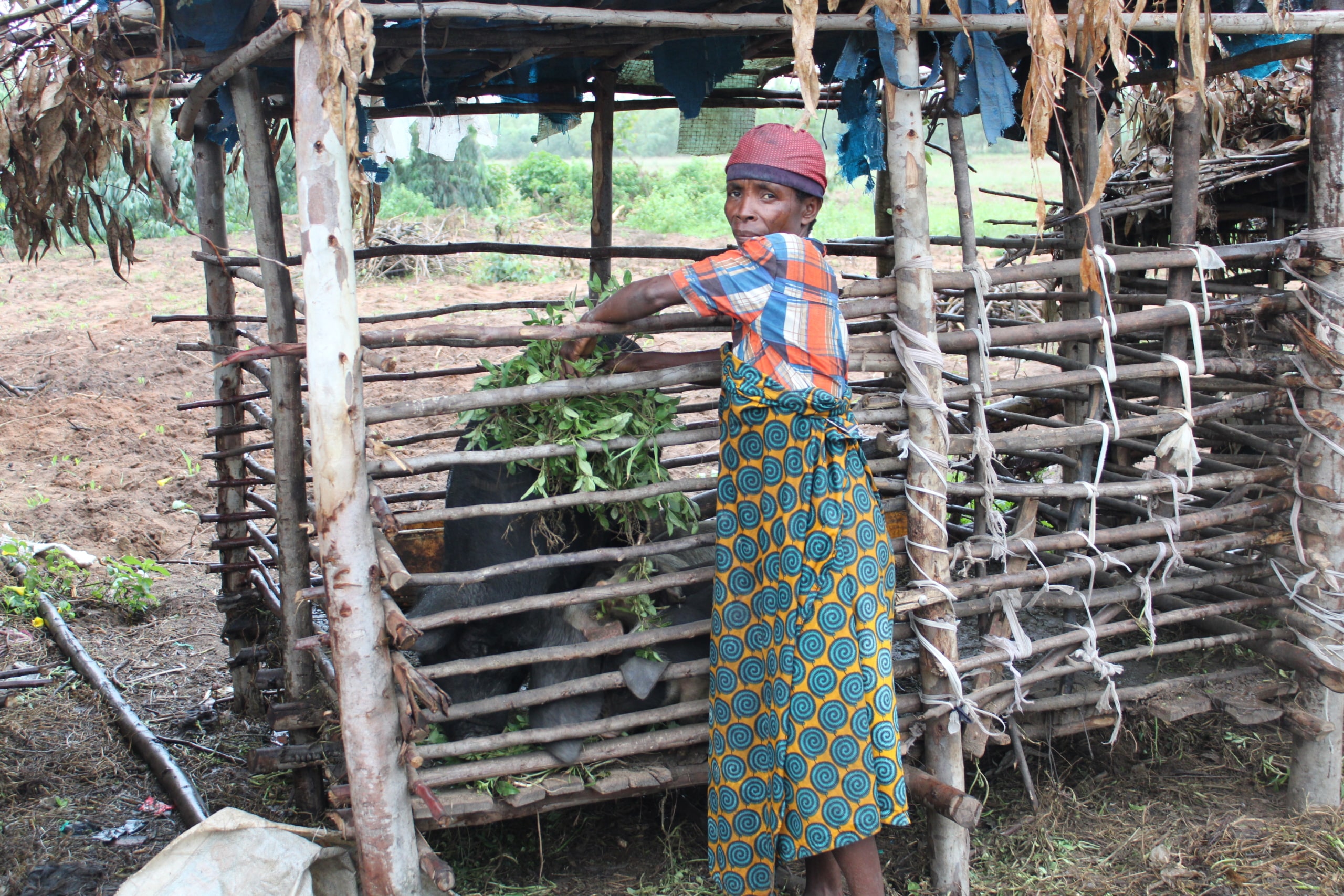Supporting vulnerable communities
The FXBVillage “Buterere IV” is located in the province of Bujumbura Rural, in the commune of Mutimbuzi, an extremely poor and flood-prone district.
In a tense land tenure context, the influx of population from the peri-urban area has led to galloping impoverishment which has contributed to the deterioration of the social and economic well-being of the local population, also affected, among other things, by food insecurity, limited access to water, the spread of epidemic diseases, lack of hygiene, unsanitary housing, difficulty in accessing education and illiteracy.
These unfavourable structural conditions were further exacerbated by several aggravating events, including the socio-political crisis of 2015 and the floods of 2018 – which led to the destruction of many properties and a setback in the progress made in the first year of the program.
The five pillars of the fight against poverty
The main objective of the programme, implemented between April 2017 and March 2020, was to combat extreme poverty and enable 100 vulnerable and marginalized families to become economically and socially independent within three years.

In accordance with the methodology developed by FXB over the past thirty years worldwide, five specific goals were pursued:
– Strengthen the economic capacity of families;
– Guarantee their food security;
– Ensure their access to healthcare;
– Improve their living and housing conditions;
– Ensuring access to education for children and knowledge acquisition for adults.
Nearly 5,000 people impacted
The 100 families supported by the programme represented approximately 500 children and 270 adults.
Taking into account the indirect beneficiaries – all community members who participated in the program’s activities but were not direct beneficiaries – the program impacted the lives of more than 4,600 people in the Mutimbuzi district.
Breaking the cycle of poverty in a sustainable way
Thanks to the seed capital provided by FXB, all the families were able to develop an Income Generating Activity (IGA), mainly in the fields of agriculture and livestock farming (50% of them), trade in foodstuffs (20%) and fruit (10%) or rice farming (9%).

It’s one thing to provide families with sufficient financial means to support themselves. But the FXBVillage program also sought to enable them to save on a regular basis – including through community-based savings and credit groups – in order, more broadly, to take charge of their future with confidence and optimism.
For this reason, program beneficiaries were also encourage to expand or diversify their sources of income by reinvesting part of the profits from their main activity. All these activities have been successful, generating increasing revenues and stable employment opportunities for the community as a whole.
Key results
Economic empowerment
- The average monthly income of the families rose from 30,000 BIF (13-14€) at the beginning of the project to 225,000 BIF (100€) at the end, a 650% increase.
- It exceeds the annual national poverty line by 22%.
- The average monthly savings of the families reached 80 000 BIF (36€).
- 89% of families are now able save regularly on their personal bank account in addition to their contributions to a savings and credit group (0% at the beginning of the program).
Nutrition
- 85% of families eat three meals a day and 15% two meals a day (100% of participants could previously only afford one daily meal).
- 98% of households regularly eat vegetables (5 or more times a week).
- No children under 5 years of age now show signs of malnutrition.

- 100% of families have access to health care (45% at the beginning of the program).
- 88% of participating adults know their HIV status and 100% of people living with HIV receive appropriate treatment.
- 100% of childbirths during the program were assisted by a nurse (4% during the three years prior to the program).
- 100% of families were trained in good hygiene and sanitation practices (0% at the beginning of the program).
- 100% of families have a hand-washing station with soap and water (31% at the beginning of the program).
Housing
- 96% of families have a roof covering the entire surface of their house (5% at the beginning of the program).
- 58% of families have beds for all family members (0% at the beginning of the program).
- 100% of the families live in homes lit by solar panels provided by FXB.
Education
- 100% of school-age children attend school (89% at the beginning of the program).
- 100% of children have adequate school materials (0% at the beginning of the program).
Main reason for not going to school: not being of school age (87%), and the fact that parents did not have sufficient means to cover the costs (53%).
- 3% of children do not go to school for financial reasons (53% at the beginning of the program).
To learn more about the FXBVillage methodology, click here.
You can also find out more about our activities and programs to fight poverty in Burundi here.
